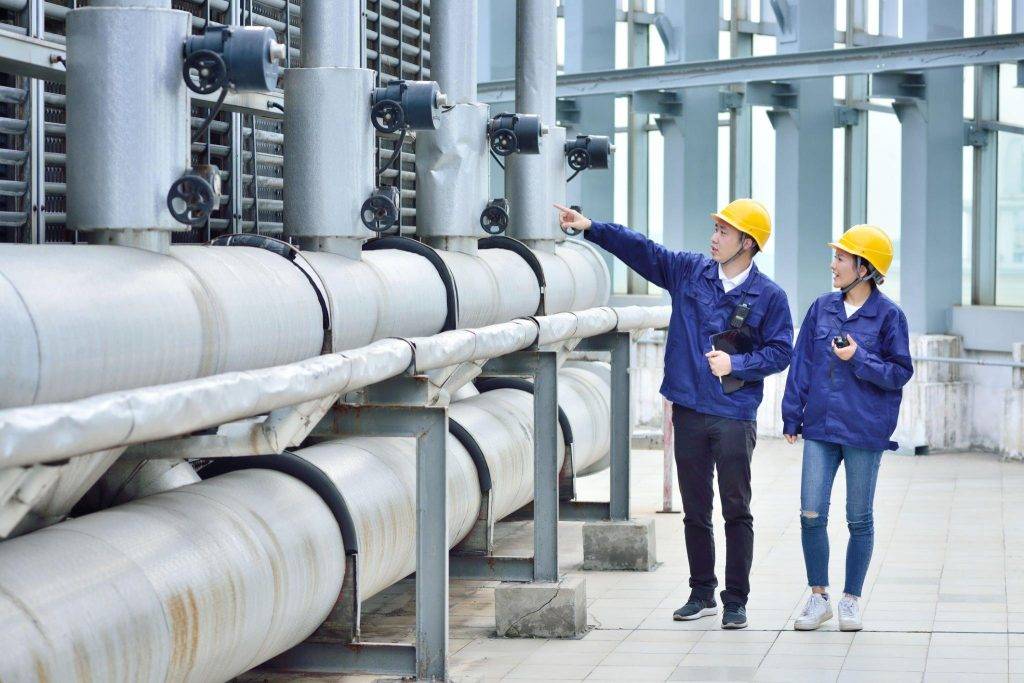Construction activities generate a significant amount of wastewater that contains various pollutants and contaminants. If left untreated, this wastewater can pose serious risks to public health and the environment.You can contact https://www.switch-flow.com/services/turnkey-for-waste-water-treatment/ for best waste water treatment. The importance of construction wastewater treatment cannot be overstated, as it plays a crucial role in protecting public health.

The Benefits of Construction Wastewater Treatment
1. Environmental Protection: Construction wastewater contains various pollutants such as sediment, chemicals, and heavy metals. Treating this wastewater ensures that these pollutants are removed or reduced to safe levels before being discharged into the environment.
2. Compliance with Regulations: Many countries have regulations and guidelines in place for the treatment and disposal of construction wastewater. By treating the wastewater, construction companies can ensure they are in compliance with these regulations, avoiding potential fines and penalties.
3. Resource Conservation: Construction wastewater often contains a significant amount of water that can be treated and reused. By implementing wastewater treatment systems, construction companies can recycle and reuse this water for various purposes such as dust control, concrete mixing, and irrigation.
4. Cost Savings: Treating construction wastewater can result in cost savings for construction companies. By reusing treated water, they can reduce their reliance on freshwater sources, which can be expensive to obtain.
Conclusion:
Construction wastewater treatment is a crucial aspect of any construction project. The hazards associated with untreated construction wastewater are significant and can pose serious risks to public health and the environment. However, through effective treatment processes, we can mitigate these risks and protect water sources, prevent waterborne diseases, preserve ecosystems, and promote sustainable resource management.